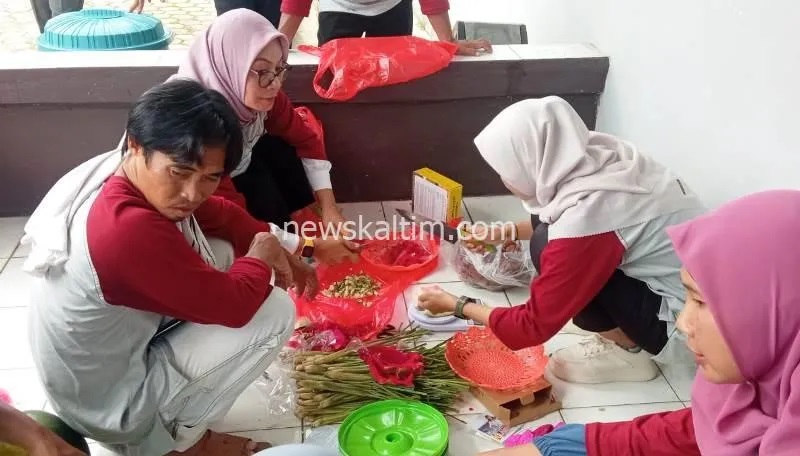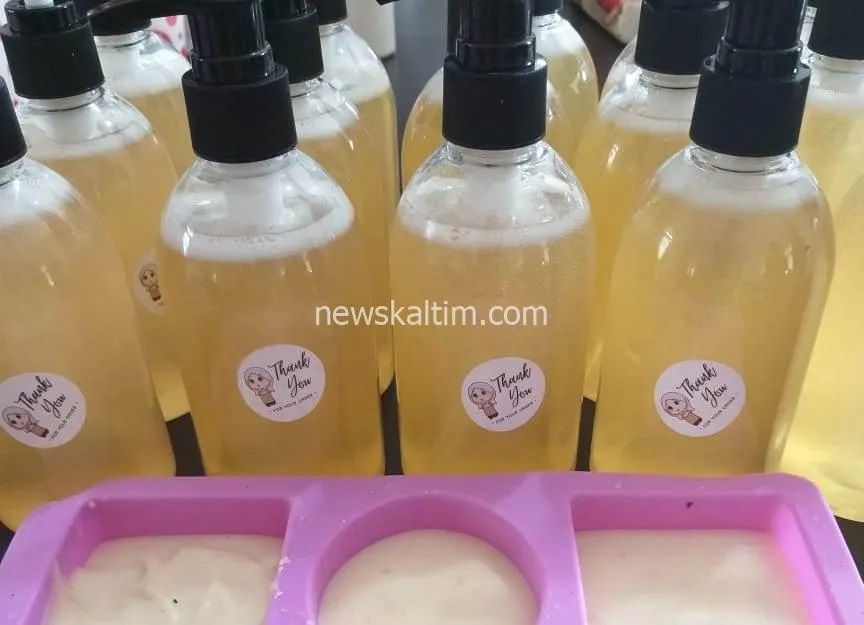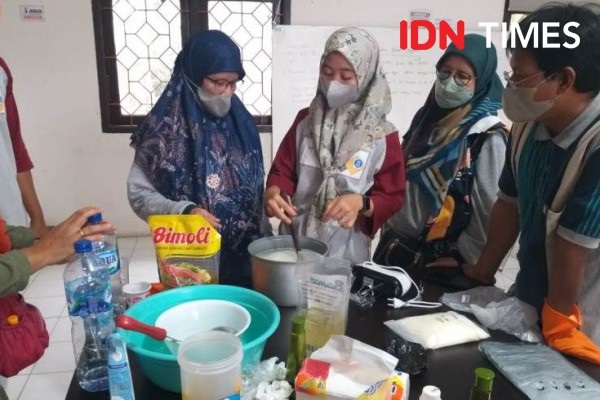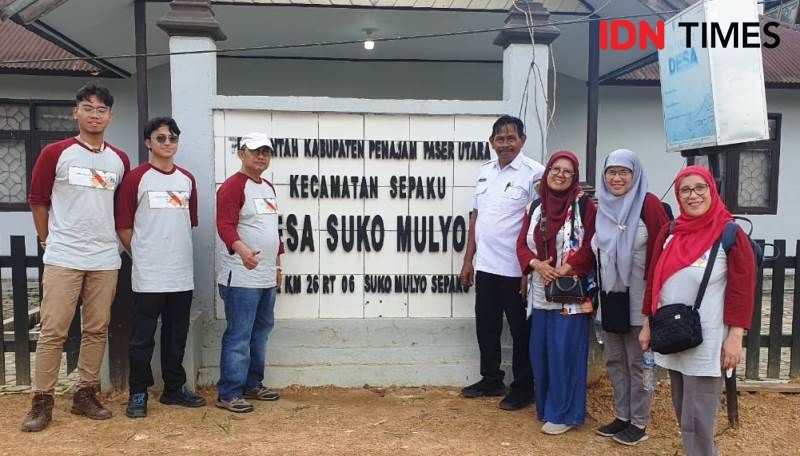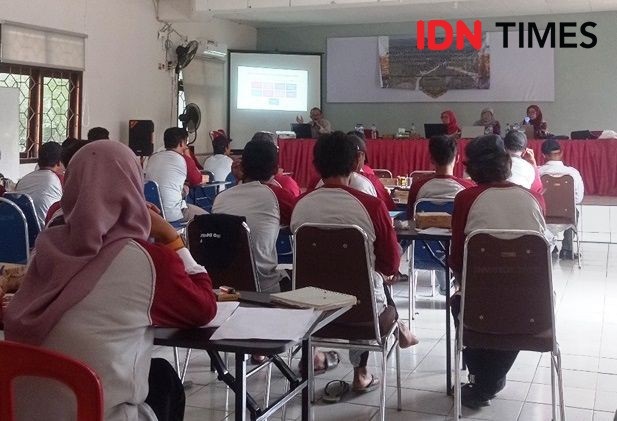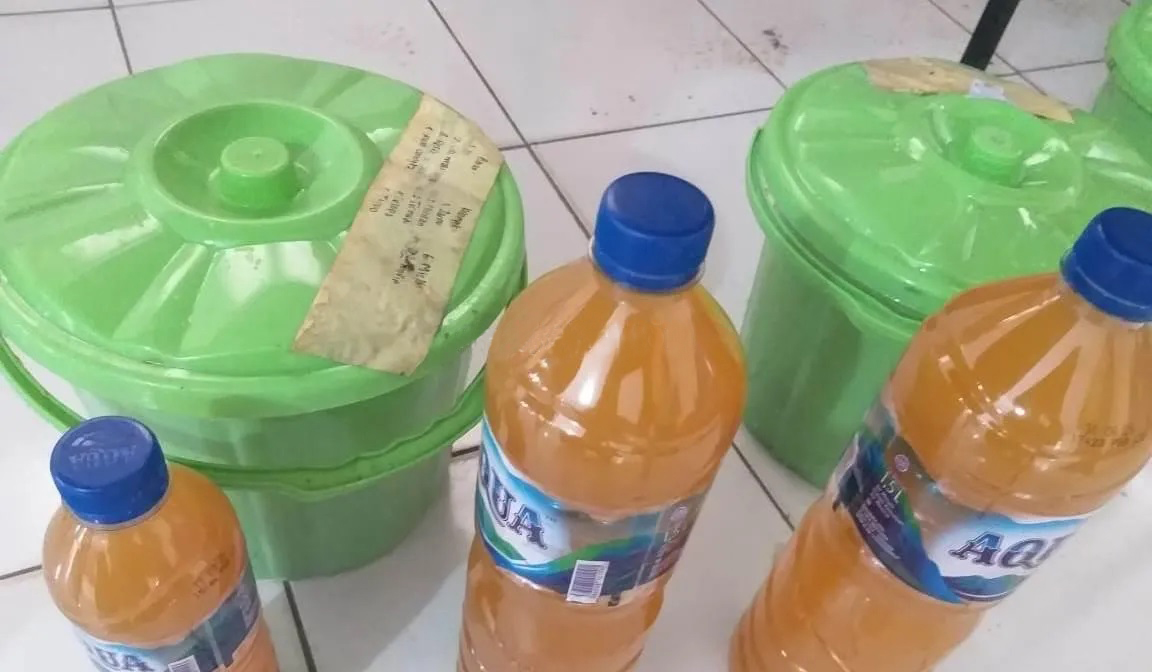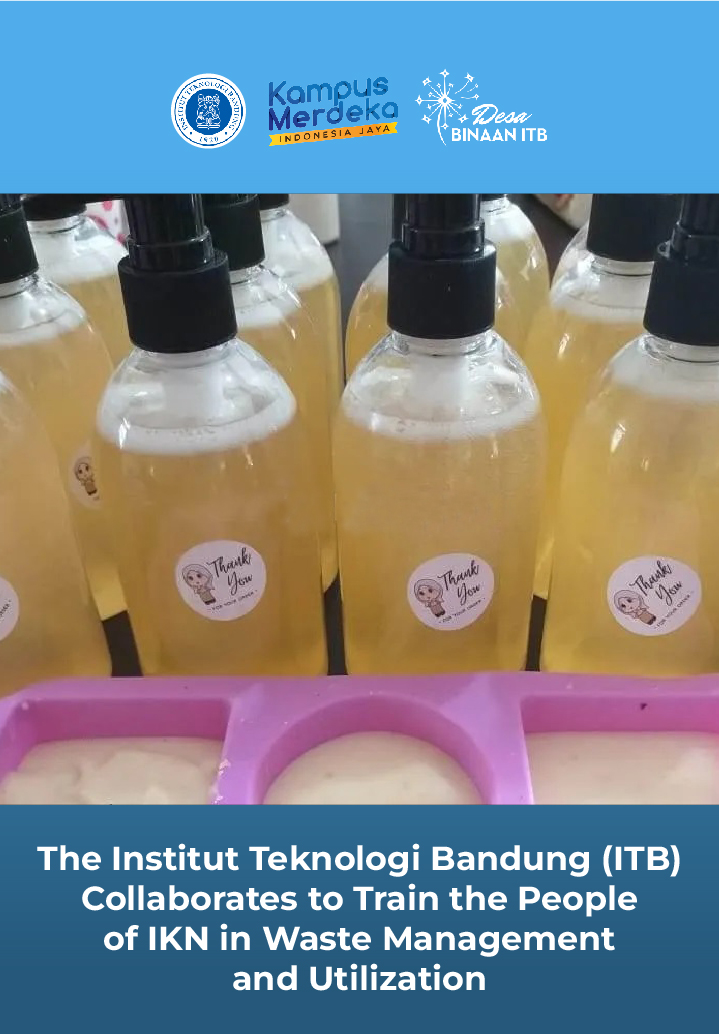

The Institut Teknologi Bandung (ITB) Collaborates to Train the People of IKN in Waste Management and Utilization
From June 26, 2024, to October 13, 2024, a team of community service experts from the Microbial Biotechnology Research Group of the School of Life Sciences and Technology (SITH) at Institut Teknologi Bandung (ITB) provided training to the residents of Sukomulyo Village in Sepaku District, North Penajam Paser Regency, East Kalimantan. The initiative was part of an effort to improve the management and processing of household and agricultural waste in the newly designated capital city area, Ibu Kota Nusantara (IKN).
Led by Dr. Noor Rahmawati, the training aimed to teach sustainable waste management practices to reduce environmental impact and create valuable products from waste. On October 17, 2024, in Sepaku, Dr. Rahmawati explained to *IDN Times* that waste issues persist as long as social activities continue. With the establishment of IKN, the region is expected to experience a surge in social and economic activities, increasing waste production in surrounding areas like Sukomulyo Village, which has a population density of 70 people per square kilometer.
The team of experts, including Dr. Mamat Kandar, Dr. Ir. Mustika Dewi, and Evy Rachmawati Chaldun, introduced the concept of sorting waste into dry and organic categories. This differentiation enables residents to recognize the economic potential of waste, as well as the financial benefits of managing it properly. The training included demonstrations of turning household waste into compost using the Takakura method and producing eco-enzymes from fruit peel waste. These eco-enzymes were then processed into eco-friendly liquid and solid soaps.
A significant portion of Sukomulyo's population, 39.1%, works in agriculture, primarily in palm oil, rubber, and other plantation sectors. With a plantation area covering 1,596 hectares, these sectors heavily depend on fertilizers, most of which are synthetic. Rising fertilizer prices have increased the cost of agricultural production. Therefore, the introduction of organic fertilizers from household and agricultural waste is seen as a much-needed alternative. Dr. Rahmawati emphasized that by producing organic fertilizers such as compost and eco-enzymes, farmers can reduce their dependence on synthetic fertilizers while also improving environmental cleanliness.
To ensure the success of this initiative, the ITB team implemented a two-phase training program. The first phase focused on waste management practices and the production of Takakura compost and eco-enzymes, while the second phase, which occurred three months later, concentrated on harvesting the eco-enzymes and transforming them into liquid and solid soaps. The eco-enzyme production process involves fermenting fruit peels with red sugar or molasses for three months, after which the enzymes can be harvested for soap production.
The training involved approximately 30 participants and was witnessed by local government officials from Sukomulyo Village, Sepaku District representatives, agricultural extension workers, and members of the Usaha Bersaudara farmer group. Two students from the *Merdeka Belajar Kampus Merdeka* program were also involved in this community service project, which reflects ITB's commitment to the development of Sukomulyo's residents, particularly in waste management and the production of valuable products from agricultural and household waste.
The ITB team hopes that this training will have a lasting positive impact on the residents of Sukomulyo. Dr. Rahmawati encouraged participants to spread the knowledge they had gained to others in the village and apply these sustainable practices in their daily lives.
By adopting simple, easily replicable technologies, the community can independently manage household and small-scale industrial waste, turning it into marketable products such as compost and eco-enzyme-based soaps. The benefits are twofold: support for sustainable agriculture through organic fertilizer production and the creation of a cleaner, healthier environment.
Related News:
kaltim.idntimes.com: ITB Latih Warga IKN Olah Limbah Rumah Tangga dan Pertanian
newskaltim.com: Olahan Limbah Rumah Tangga dan Pertanian ITB Latih Masyarakat IKN

